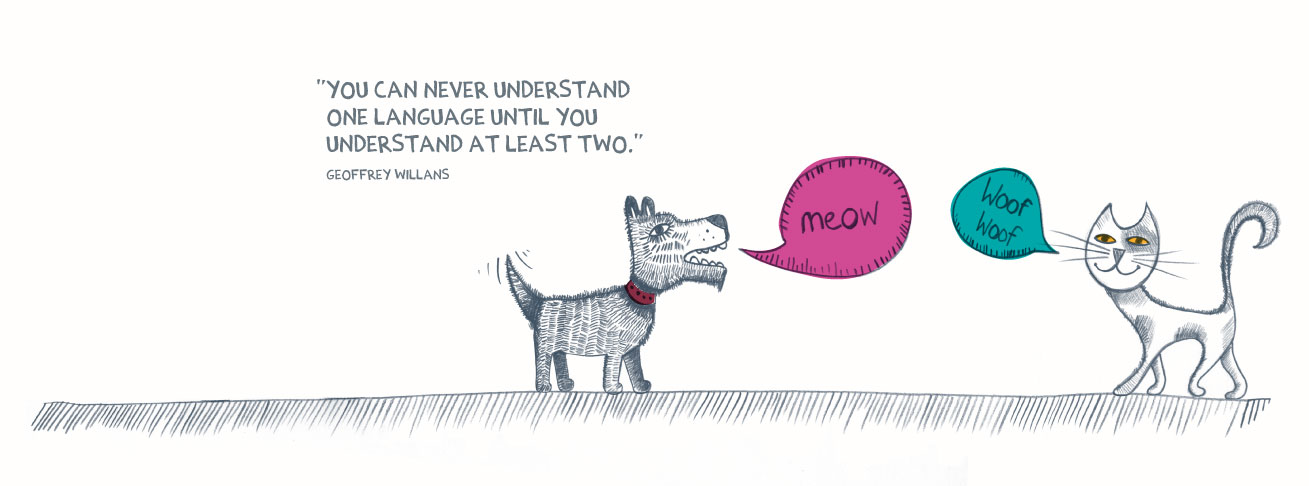Our Subject
CLICK IMAGE BELOW TO WATCH THE VIDEO

A Level English Language FAQs

Studying for an English Language A-level at Bilborough Sixth Form College will give you a thorough grounding in the ways language is used and described. You will develop your skills in writing in a variety of ways for a range of audiences, through reading, speaking and listening. You will be encouraged to develop your own interests and skills by taking part in writing competitions and events both nationally and locally. Our previous English Language students have won the prestigious Nigel Pickard prize and the national Poetry by Heart competition.
To study English Language at Bilborough you need a grade 5 or above in GCSE English Language and GCSE English Literature, and a grade 4 in GCSE Maths.
Our links with HE
A qualification in English Language provides a valuable grounding for an infinite number of academic avenues and career paths. We have students who continued with their English studies – in forensic linguistics, secondary, primary and early years teaching, journalism, playwriting and may other related areas. Other students have used their skills in areas that require considered use of language – for example, writing university essays and dissertations or writing publicity material. Whatever your future may hold, having expertise in understanding and using language will be a vital skill.

